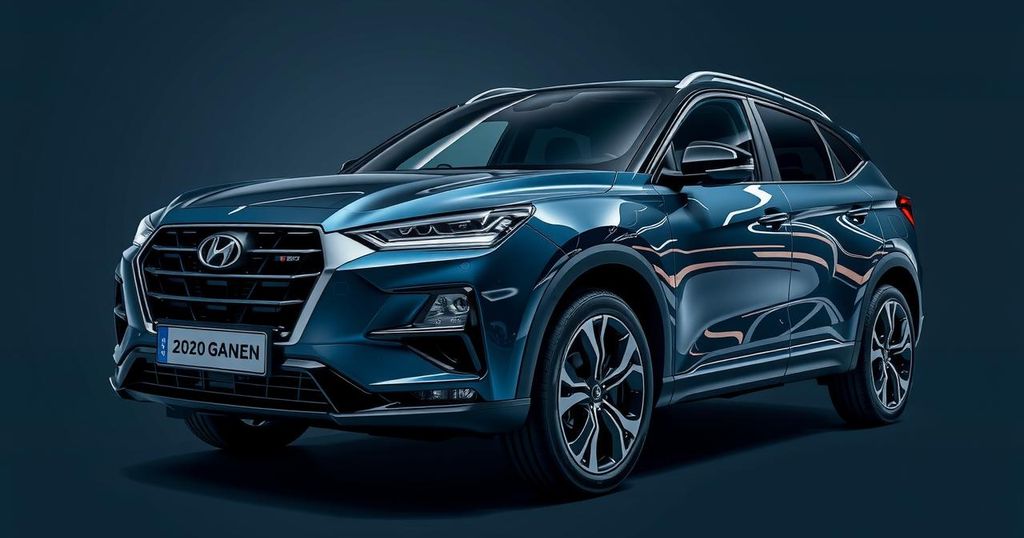Alfredo Altavilla, a former Fiat-Chrysler executive, warns of a looming ‘earthquake’ in the European automotive market due to the rise of Chinese EVs, particularly BYD. Their rapid vehicle development process stands in stark contrast to traditional manufacturers. BYD aims to establish itself as a local manufacturer in Europe, fostering innovation and mitigating tariffs. This shift poses a serious threat to established automakers, many of whom are struggling to adapt.
The rapid emergence of Chinese electric vehicles (EVs) in Europe is viewed as a potential game-changer for the automotive industry, a sentiment echoed by Alfredo Altavilla, a former Fiat-Chrysler executive and current advisor to BYD. He describes this shift as a significant “earthquake” whose impact is yet to be fully understood. Altavilla, who has in-depth experience in both Western and Chinese automotive markets, explains the remarkable efficiency at BYD in vehicle development. While traditional manufacturers may take years to develop a new car, Altavilla points out that BYD can complete the process in less than 18 months. This accelerated tempo, he suggests, is attributed to a culture that embraces innovation, drawing from BYD’s extensive involvement in high-tech industries like consumer electronics, where they are a primary supplier for Apple. He argues that BYD’s approach does not necessarily involve cutting corners; rather, they exhibit a commitment to producing high-quality vehicles efficiently. The perceived quality of BYD vehicles, according to him, rivals that of long-established manufacturers. Furthermore, BYD has a strategic intention to establish itself as a local manufacturer in Europe, differentiating itself from many other Chinese OEMs that prefer to remain Chinese while assembling vehicles in Europe. This localized strategy aims to mitigate tariffs and market entry barriers. Altavilla notes that his role is to build the organization and drive sales, and he has observed an influx of applications from professionals across the automotive sector, indicative of widespread concerns regarding job security in the current manufacturers. This trend highlights a sense of urgency among traditional manufacturers, particularly in Germany, where he perceives a hesitance to innovate and action, resulting in a stagnation that could jeopardize their market position. The success of brands such as MG in quickly gaining market share is cited as evidence of the growing influence of Chinese manufacturers, with BYD anticipating ambitious sales targets of over 300,000 vehicles annually in Europe along with the introduction of two premium brands within two years.
The rise of Chinese cars, particularly electric vehicles, poses a significant challenge to established European manufacturers. The industry is currently facing transformative changes driven by innovation and accelerated development timelines, which are critical in the competitive landscape of electric mobility. Moreover, as European markets become increasingly receptive to electric vehicles, the strategic positioning of Asian manufacturers, particularly BYD, could reshape market dynamics profoundly.
In summary, Chinese automakers, particularly BYD, are on the verge of significantly impacting the European automotive landscape. Their capacity for rapid innovation and commitment to local manufacturing may disrupt traditional manufacturers that are perceived as being slow to adapt. The influx of talent seeking opportunities with BYD further emphasizes the competitive pressure existing car manufacturers face. As these developments unfold, the attention will be on how European manufacturers respond to this imminent shift.
Original Source: www.topgear.com






